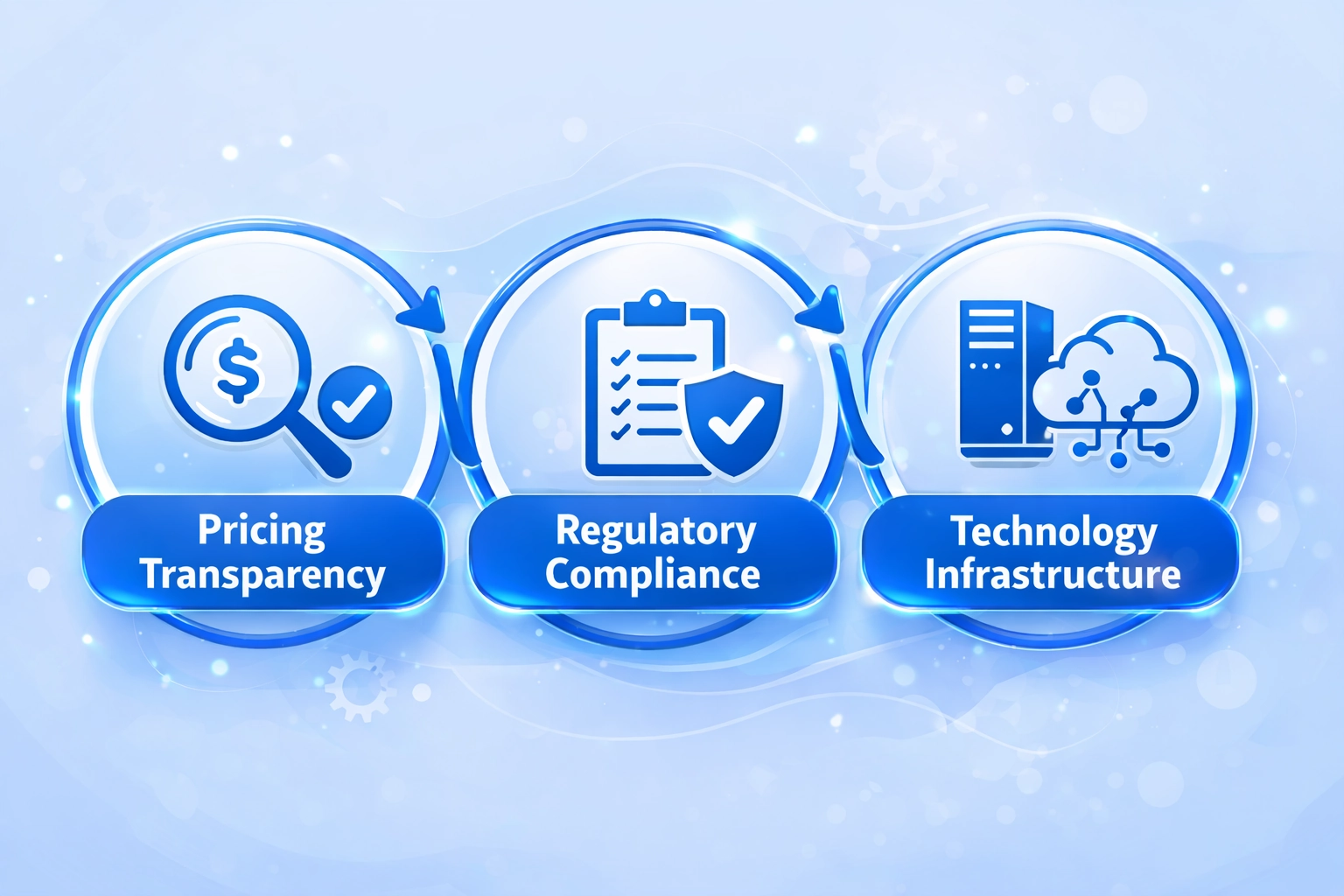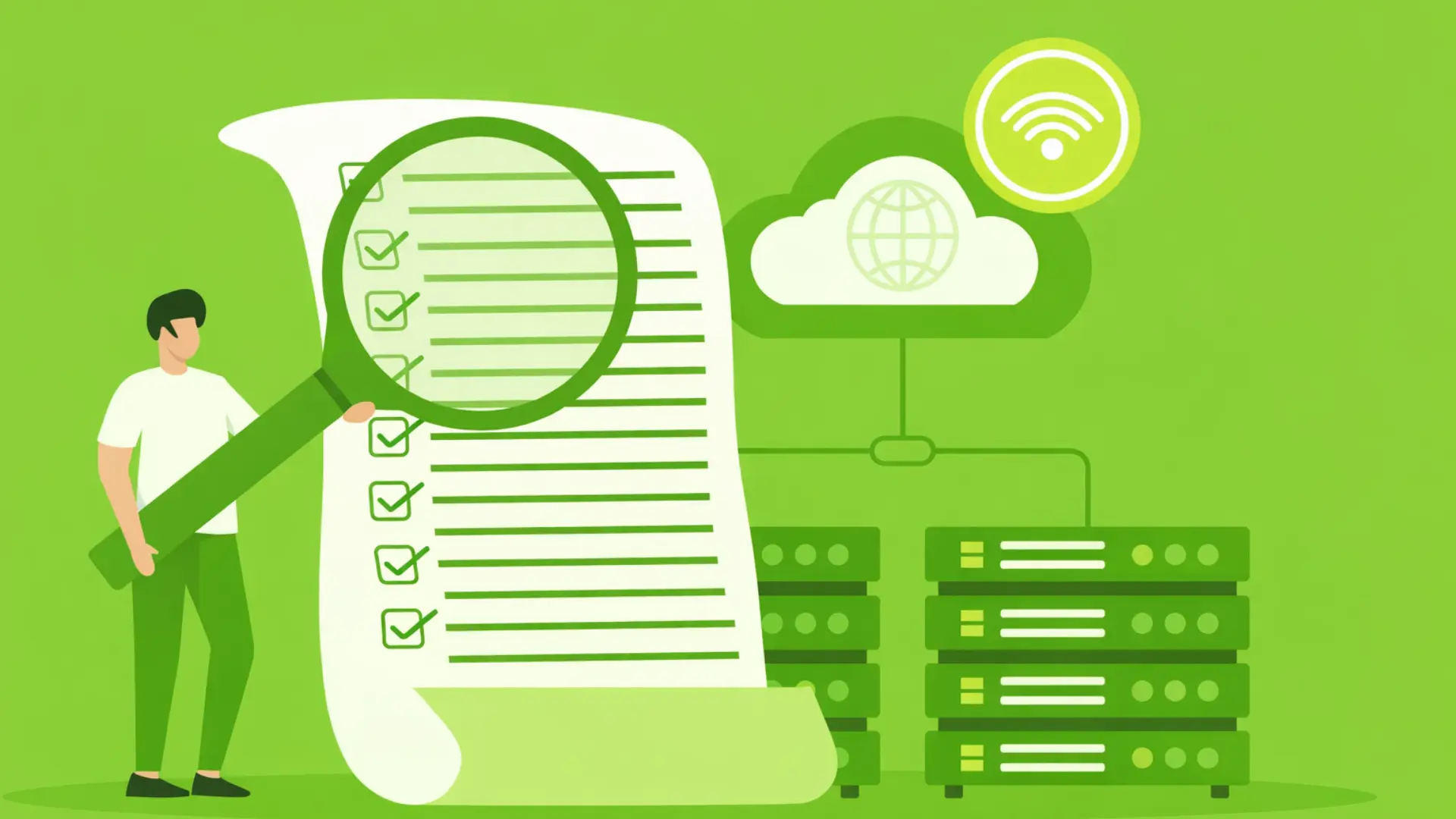Key Takeaways
- Microfinance contracts enable financial inclusion by providing small-scale loans and services to underserved populations through structured digital agreements.
- Digital platforms have transformed microfinance contracts, reducing approval times from weeks to minutes while improving risk assessment accuracy significantly.
- Pricing in microfinance contracts considers risk profiles, operational costs, regulatory requirements, and market conditions to ensure sustainability and fairness.
- Smart contract automation reduces microfinance operational costs by 40-60%, enabling lower interest rates and broader accessibility for borrowers globally.
- AI-powered credit scoring in microfinance contracts analyzes alternative data sources, improving approval rates for thin-file borrowers by 30-50%.
- Enterprises across USA, UK, UAE, and Canada implement microfinance contracts with jurisdiction-specific compliance for consumer protection and regulatory adherence.
- Dynamic pricing models in digital microfinance contracts adjust rates based on real-time risk factors, market conditions, and borrower behavior patterns.
- Future microfinance contracts will incorporate blockchain transparency, embedded finance integration, and cross-border interoperability for enhanced accessibility.
Introduction to Microfinance Contracts in the Digital Finance Era
Microfinance contracts have evolved from paper-based agreements in village lending circles to sophisticated digital instruments powering financial inclusion globally. With over eight years of experience building fintech solutions for enterprises across USA, UK, UAE, and Canadian markets, our agency has witnessed the transformation of microfinance contracts from manual processes to automated smart contract systems. These digital agreements now serve hundreds of millions of borrowers, providing access to credit, savings, and insurance products previously unavailable to underserved populations. Understanding how microfinance contracts work and how pricing is determined is essential for any organization seeking to participate in this rapidly growing sector.
What Is a Microfinance Contract? Key Components Explained
Microfinance contracts are legally binding agreements that define the terms of small-scale financial services between lenders and borrowers. These contracts specify loan amounts (typically ranging from $50 to $50,000), interest rates, repayment schedules, collateral requirements, and default consequences. Key components include borrower identification, loan purpose declaration, disbursement mechanisms, repayment terms, and dispute resolution procedures. Digital microfinance contracts additionally incorporate automated execution logic, data privacy provisions, and platform terms of service.[1]
Types of Microfinance Contracts Used in Digital Finance
| Contract Type | Typical Amount | Use Case |
|---|---|---|
| Microcredit | $50 – $5,000 | Working capital, inventory |
| Micro-Savings | $10 – $1,000 | Emergency funds, goals |
| Microinsurance | $1 – $500 premium | Health, crop, asset protection |
| P2P Lending | $100 – $25,000 | Personal, small business |
| Group Lending | $500 – $50,000 | Cooperative ventures |
Role of Smart Contracts in Digital Microfinance Agreements
Smart contracts transform microfinance contracts by automating loan disbursement, interest calculation, repayment collection, and default handling. When a borrower meets approval criteria, smart contracts automatically transfer funds without manual intervention. Repayments trigger automatic principal and interest allocation. If defaults occur, programmed consequences execute transparently. This automation reduces operational costs by 40-60% while improving accuracy and auditability for platforms operating across USA, UK, UAE, and Canada.
Automation Impact: Smart contract microfinance platforms process 10x more applications with 50% fewer staff than traditional operations.

How Pricing Is Determined in Microfinance Contracts
Cost Factors
- Cost of capital/funding
- Operational expenses
- Technology infrastructure
- Compliance costs
Risk Factors
- Borrower credit score
- Loan-to-value ratio
- Repayment history
- Economic conditions
Market Factors
- Competitive rates
- Regulatory caps
- Target segment
- Product positioning
Interest Rates vs. Fee-Based Pricing Models in Microfinance
Microfinance contracts employ two primary pricing approaches: interest-based and fee-based models. Interest-based pricing charges percentage rates on outstanding principal, similar to traditional loans. Fee-based models charge flat origination fees, processing fees, or service charges regardless of loan duration. Many digital platforms combine both approaches, using lower interest rates with transparent fees. The choice impacts borrower cost perception and regulatory compliance across different jurisdictions.
Typical APR Range
Origination Fee
Processing Fee
Risk Assessment and Its Impact on Microfinance Pricing
Risk assessment forms the foundation of microfinance contract pricing. Higher-risk borrowers receive higher rates to compensate for expected default losses. Digital platforms analyze hundreds of data points including income stability, expense patterns, social connections, and behavioral indicators. This granular risk assessment enables risk-based pricing where responsible borrowers access lower rates while maintaining portfolio sustainability for lenders operating across global markets.
Digital Microfinance Contract Lifecycle
Application Submission
Borrower completes digital application with required documentation and consent forms.
Identity Verification
Automated KYC processes verify borrower identity using biometric and document analysis.
Credit Assessment
AI-powered scoring analyzes traditional and alternative data for risk evaluation.
Pricing Calculation
Dynamic pricing engine calculates personalized rates based on risk profile and costs.
Contract Generation
Microfinance contracts generated with all terms, disclosures, and compliance requirements.
Digital Signing
Borrower reviews terms and executes microfinance contracts through electronic signature.
Fund Disbursement
Automated transfer sends loan funds directly to borrower account upon approval.
Repayment Management
System tracks payments, sends reminders, and manages collection through loan maturity.
Credit Scoring, Data Analytics, and AI in Digital Microfinance Pricing
AI-powered credit scoring revolutionizes microfinance contract pricing by analyzing alternative data sources beyond traditional credit histories. Mobile phone usage patterns, utility payment records, social media activity, and transaction behavior provide insights for thin-file borrowers. Machine learning models continuously improve prediction accuracy, enabling more precise risk-based pricing. Enterprises across USA, UK, UAE, and Canada leverage these technologies to expand financial inclusion while maintaining portfolio quality.
Cost of Capital and Operational Costs in Digital Microfinance
| Cost Component | Traditional MFI | Digital Platform |
|---|---|---|
| Cost of Funds | 8-12% | 6-10% |
| Operating Expenses | 15-25% | 5-10% |
| Loan Loss Provision | 3-8% | 2-5% |
| Profit Margin | 3-5% | 5-10% |
Dynamic Pricing Models in Digital Microfinance Platforms
Dynamic pricing models adjust microfinance contract rates in real-time based on changing risk factors, market conditions, and borrower behavior. Repeat borrowers with good repayment history receive progressively lower rates. Market volatility or increased default rates trigger automatic rate adjustments. These models optimize portfolio returns while rewarding responsible borrowing behavior, creating sustainable microfinance ecosystems that benefit both lenders and borrowers.

Microfinance Platform Selection Criteria
Pricing Transparency
- Clear APR disclosure
- Fee transparency
- No hidden charges
- Easy comparison tools
Regulatory Compliance
- Licensed operations
- Consumer protections
- Data privacy compliance
- Fair lending practices
Technology Infrastructure
- Security standards
- System reliability
- Mobile accessibility
- Integration capabilities
Transparency and Fair Pricing in Microfinance Contracts
Fair pricing in microfinance contracts requires transparent disclosure of all costs, standardized APR calculations, and accessible comparison tools. Responsible platforms display total cost of credit prominently, explain fee structures clearly, and avoid predatory practices. Regulatory frameworks in USA, UK, UAE, and Canada mandate specific disclosures, but leading platforms exceed requirements to build borrower trust and long-term relationships.
Regulatory Frameworks Influencing Microfinance Pricing
| Jurisdiction | Regulatory Body | Key Requirements |
|---|---|---|
| USA | CFPB, State Regulators | TILA, State rate caps |
| UK | FCA | Rate caps, affordability |
| UAE | Central Bank, SCA | Licensing, disclosure |
| Canada | Provincial Regulators | Criminal rate limits |
Challenges in Microfinance Contract Pricing in Digital Finance
Digital microfinance faces several pricing challenges including data quality issues for credit assessment, regulatory compliance across jurisdictions, balancing profitability with social mission, and managing fraud risks. Currency fluctuations affect cross-border lending, while economic volatility impacts default predictions. Platforms must continuously refine pricing models while maintaining fairness and transparency for borrowers seeking financial inclusion.
Industry Standards for Fair Microfinance Contracts
Standard 1: Disclose all-inclusive APR prominently before contract execution to ensure borrower understanding.
Standard 2: Implement affordability assessments to ensure microfinance contracts match borrower repayment capacity.
Standard 3: Provide clear cooling-off periods allowing borrowers to cancel without penalty after signing.
Standard 4: Offer flexible repayment options accommodating borrower cash flow patterns and circumstances.
Standard 5: Maintain responsible collection practices that respect borrower dignity during financial hardship.
Standard 6: Enable early repayment without excessive penalties to reward responsible borrower behavior.
Future Trends in Microfinance Contracts and Digital Pricing Models
The future of microfinance contracts includes blockchain-enabled transparency, embedded finance integration into e-commerce platforms, and AI-driven personalized pricing. Open banking will enable richer credit assessments through authorized data sharing. Cross-border microfinance will expand through stablecoin settlements and regulatory harmonization. Climate-linked microfinance contracts will support sustainable agriculture and renewable energy adoption.
With eight years of experience building fintech solutions for enterprises across USA, UK, UAE, and Canadian markets, our agency sees microfinance contracts evolving toward greater automation, personalization, and accessibility. Organizations investing in these technologies position themselves to serve the growing demand for inclusive financial services while maintaining sustainable, compliant operations.
Build Your Digital Microfinance Platform
Our fintech experts design and implement compliant microfinance contracts with fair pricing models for sustainable financial inclusion.
Frequently Asked Questions
Microfinance contracts are formal agreements governing small-scale loans and financial services for underserved populations and small businesses. These contracts define loan terms, interest rates, repayment schedules, and collateral requirements. Digital platforms now automate microfinance contracts using smart contract technology for transparent, efficient execution.
Pricing in microfinance contracts considers multiple factors including risk assessment, cost of capital, operational expenses, regulatory requirements, and borrower creditworthiness. Digital platforms use AI-powered credit scoring and dynamic pricing models to calculate personalized rates. Transparent pricing ensures fair terms for borrowers.
Digital microfinance contracts include microcredit agreements, micro-savings contracts, microinsurance policies, peer-to-peer lending agreements, and group lending contracts. Each type serves specific financial needs with tailored terms. Smart contract automation enables efficient management of these diverse microfinance contracts across platforms.
Smart contracts automate microfinance contract execution, reducing administrative costs and human error. They enable automatic disbursement, transparent interest calculation, and programmatic repayment collection. Enterprises across USA, UK, UAE, and Canada leverage smart contract microfinance for operational efficiency and auditability.
Interest rates in microfinance contracts depend on borrower risk profile, loan amount, repayment duration, collateral availability, market conditions, and regulatory caps. Digital platforms analyze alternative data sources for comprehensive risk assessment, enabling more accurate and fair interest rate determination.
Yes, microfinance contracts face specific regulatory frameworks varying by jurisdiction. USA, UK, UAE, and Canada each have distinct consumer protection laws, interest rate caps, and disclosure requirements for microfinance. Digital platforms must comply with local regulations while maintaining operational efficiency.
Digital microfinance contracts offer faster approval times, lower operational costs, greater accessibility, transparent pricing, and automated compliance. They reach underserved populations efficiently while providing lenders with better risk management tools through data analytics and smart contract automation.
Reviewed & Edited By

Aman Vaths
Founder of Nadcab Labs
Aman Vaths is the Founder & CTO of Nadcab Labs, a global digital engineering company delivering enterprise-grade solutions across AI, Web3, Blockchain, Big Data, Cloud, Cybersecurity, and Modern Application Development. With deep technical leadership and product innovation experience, Aman has positioned Nadcab Labs as one of the most advanced engineering companies driving the next era of intelligent, secure, and scalable software systems. Under his leadership, Nadcab Labs has built 2,000+ global projects across sectors including fintech, banking, healthcare, real estate, logistics, gaming, manufacturing, and next-generation DePIN networks. Aman’s strength lies in architecting high-performance systems, end-to-end platform engineering, and designing enterprise solutions that operate at global scale.







